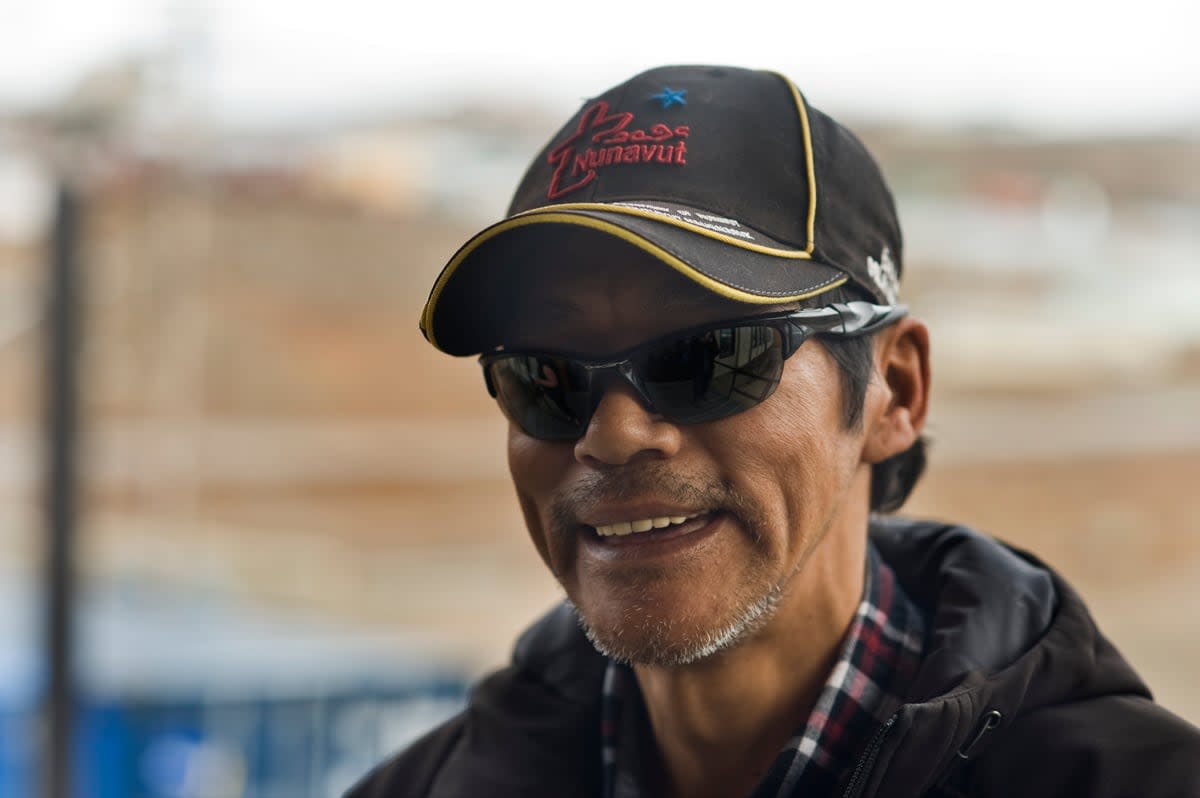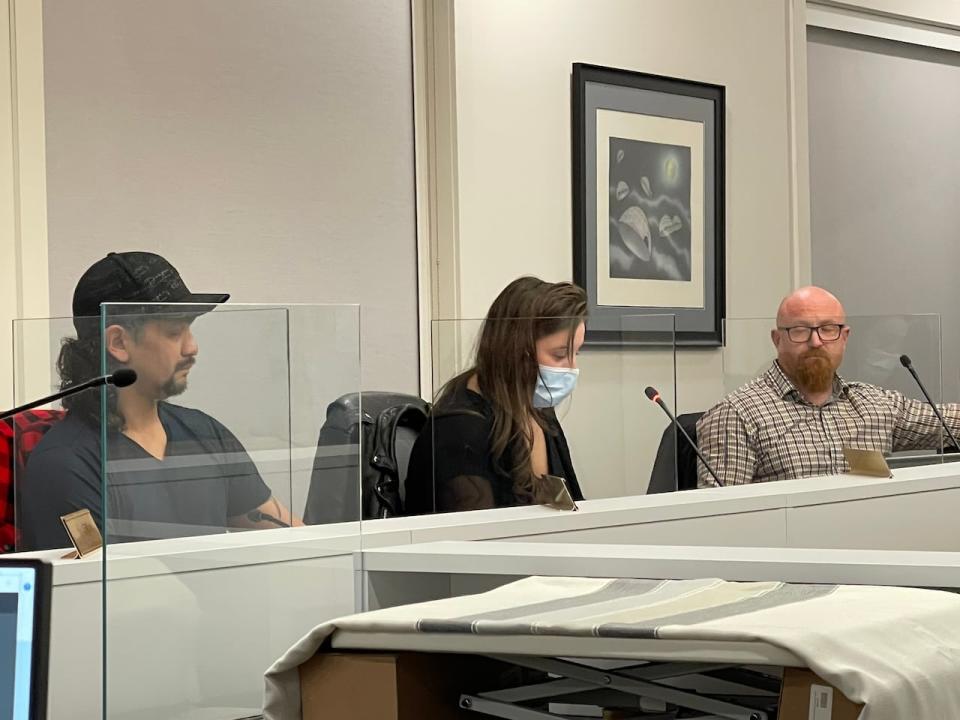New accessibility and safety rules for Iqaluit cabs a first step for advocates

For years, Noah Papatsie has pushed for better accessibility in Iqaluit, first as a former city councillor on the taxi bylaw committee, and as a disability advocate.
Nearly a decade after he first started that campaign, there's progress on making it easier for people with accessibility needs to get around town.
"I'm really happy there's an accessible taxi, that's one step forward for safety," Papatsie said.
City council has passed a new bylaw, which requires cab companies to have at least one vehicle available at all times, which meets disability standards.
That rule affects cab companies with more than four licensed vehicles, as well as shuttles and buses.
Ronnie McGregor, business administrator for the city's main taxi provider, Caribou Cabs, said the company currently doesn't have any vehicles that meet that standard, but one is being shipped to Iqaluit.
Accessibility inside the taxi
Beyond just having a disability-friendly vehicle, Papatsie also wants companies to ensure any communications inside the cab to be accessible too.
That means supplying information in different forms for different physical and intellectual disabilities, as well as for Inuktitut speakers.
"The taxi should have accessible information … and information in regards to our language, which is Inuktitut," Papatsie said.
As a blind passenger, he said there have been times when he's been dropped off at a corner of the street, instead of by the entrance to his destination, because of communication errors.

"Individual drivers need to have a better understanding of different disabilities … and how to talk with the individual who has those," he said.
McGregor said Caribou Cabs is collaborating with the government of Nunavut on a new adaptive transport project, and driver training will be part of that.
"For us, adapted transport, especially for the elderly, is important and we were expecting that to be added into the bylaw," he said.
Clean record for drivers
The new bylaw also bans people who have been convicted of violent crimes, including sexual assault and robbery, from getting a chauffeur's permit.
Though people who have received a pardon for a criminal conviction in some circumstances may be eligible for a permit, if approved by the Chief Enforcement Officer.
McGregor confirmed all of its current staff will pass that new requirement.

The new bylaw was delayed for weeks due to a legal review about that requirement, but deputy mayor Kimberly Smith said she's glad it's been passed.
"I'm happy to see the provision that anyone convicted of major crimes or sexual or violent crimes won't be able to drive a taxi in our city under this bylaw," she said
The new bylaw would allow drivers to install audio and video surveillance inside their vehicles, though McGregor said Caribou Cabs has already been doing that for some years.
"It protects our customers and it also protects our drivers. So the number of incidents and complaints have gone down," he said.

 Yahoo News
Yahoo News 
